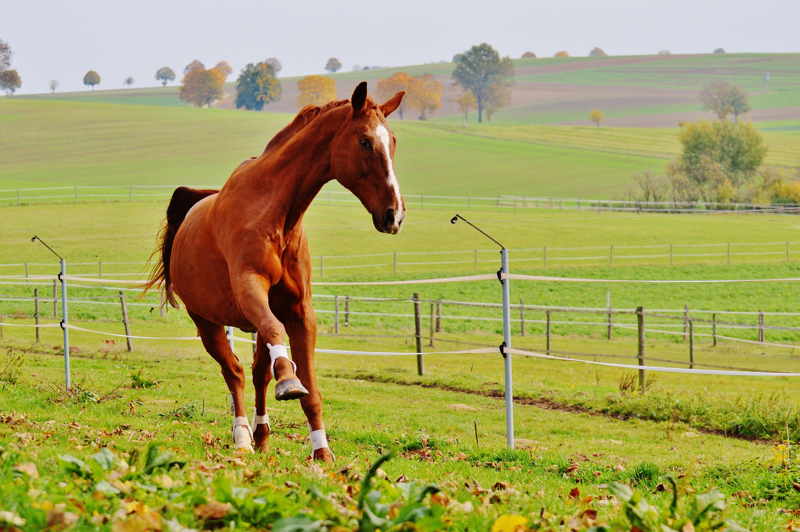There is something very majestic about horses. You may have a dream of owning a property where you can place a stable and ride your own whenever you want. While we may have good intentions and great love for animals, there is a lot more to consider when actually buying one—you need to be informed and know if you have the means and knowledge to properly care for it. Well here are a few top important things to know before buying a horse.

1. Do Your Homework
There are lots of different types of horses, who behave differently and have different personalities. Some may be a bit more high-strung for example, and that might not be a good fit for you if you are a first-time rider. How you plan to utilize the horse will also be a big factor in determining the best breed for you—will you just be taking him out a couple of hours a day to ride trails or do you want to compete with him? You do not have to become an expert, but the more you know going in, the greater likelihood you will get the right horse for you.
Visit with a horse several times before you actually buy it. If you know someone knowledgeable about horses, consult them or better yet, see if they will go with you while you are shopping around.
2. Really Question if You Have What it Takes to Care for a Horse
Again, love for animals and good intentions are not enough to properly care for them. A horse requires a level of care much greater than your average house pet. It is not like a cat where all they require is some food, freshwater, and a litterbox. You will need to clean up after it, feed it twice a day. Who would take care of your horse if you need to go out of town? Do you have the proper time to devote to the animal?
3. Get the Full Picture When it Comes to Expenses
The actual purchase of your horse will probably be the cheapest transaction associated with ownership. Owning a horse is not like owning a dog or cat—they require a lot more routine care and unexpected medical issues will likely run a lot higher too. You will need to file down their teeth twice a year and get them de-wormed every six to eight weeks.
Horses can be accident-prone…do you have funds available for surgeries and unexpected medical problems? The farrier—a specialist in equine hoof care—will need to come every six to eight weeks. You will need money to maintain its living quarters or pay a stable if you plan on keeping it there. Horses can live 30 to 40 years.
4. Ask Lots of Questions
There is a lot you need to know before making such an important purchase. Some important questions to ask the seller are the horse’s age, what the horse has been used for if he has any bad habits if he is afraid of anything, how long have people been riding it. Ask the owner to handle the horse in front of you and do all the things you would be doing with the horse, such as grooming it and cleaning its hooves; then ask to see the owner handle and ride it.
5. Some Signs of a ‘’Bad’’ Horse
When shopping for a horse, there are some signs to watch for that indicate a horse may be problematic and as a first-time owner, would probably not be the best match. Signs of a bad attitude include pinning his ears, tail swishing, and trying to kick or bite you.
He should not be hard to catch, groom or saddle; a horse turning his backside to you or attempting to plow you over indicates a lack of training. He should not throw a fit when you try to lead him away from the barn or other horses, nor should he be lame or limping. If the owner appears reluctant around the horse or to be afraid of it, that is a big red flag, as is refusing a vet exam or drug test.

